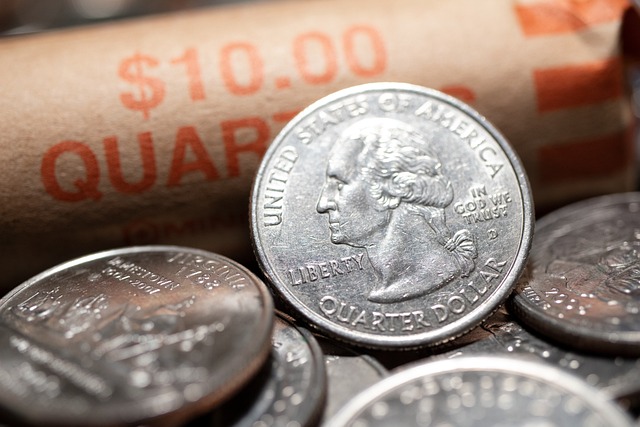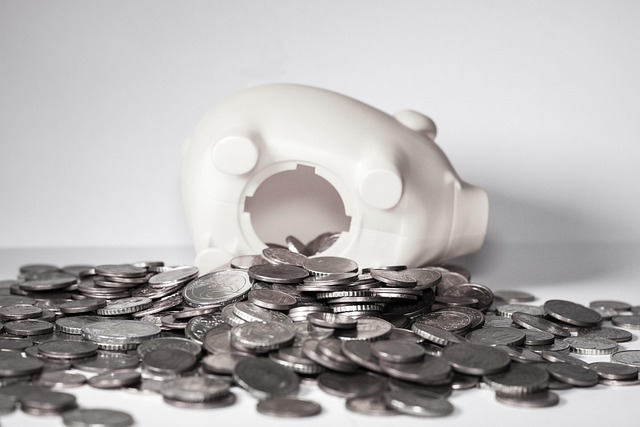Car title loan default rates are a key indicator of borrower risk and lending health, influenced by eligibility criteria and vehicle inspections. While payday loans offer quick cash with high-risk profiles, car title loans present alternative risks due to their stringent repayment terms and potential for trapping borrowers in debt cycles. Comparing these options requires understanding the unique advantages and drawbacks regarding default rates and long-term financial impacts; choosing between them depends on personal circumstances and repayment capabilities.
In today’s financial landscape, understanding the risks associated with alternative lending options is paramount. This article delves into two prominent yet contrasting borrowing methods: car title loans and payday loans. We explore the significant factor of default rates, dissecting the complexities of car title loan default rates in ‘Understanding Car Title Loan Default Rates’ and analyzing the high-risk, high-reward nature of payday loans in ‘The Landscape of Payday Loans’. By comparing these two, consumers can make informed decisions in ‘Comparison and Implications: Choosing Between the Two’.
- Understanding Car Title Loan Default Rates: A Deep Dive
- The Landscape of Payday Loans: High-Risk, High-Reward?
- Comparison and Implications: Choosing Between the Two
Understanding Car Title Loan Default Rates: A Deep Dive

Car title loan default rates offer a critical insight into the financial health and risk associated with this type of lending. These rates represent the percentage of borrowers who fail to repay their loans as agreed, providing lenders and borrowers alike with a clear understanding of potential risks. A deep dive into this metric reveals several key factors influencing default. One significant aspect is loan eligibility criteria; stricter requirements can lead to higher defaults among borrowers who may not fully understand or be able to meet the terms.
Another crucial element is the process of vehicle inspection, which acts as a security measure for lenders. Comprehensive assessments of a borrower’s vehicle condition and title history can mitigate risk but also impact loan accessibility. Balancing these factors is essential in fostering responsible lending practices, ensuring borrowers receive fair access to cash advances while minimizing the likelihood of default.
The Landscape of Payday Loans: High-Risk, High-Reward?

The landscape of payday loans is often characterized by a catchy yet dangerous slogan—high-risk, high-reward. These short-term, high-interest credit options are designed to cater to immediate financial needs, bridging the gap between paychecks. However, the allure of quick cash comes with significant drawbacks, making them risky for borrowers. The industry’s reputation is marred by high default rates, primarily due to the stringent repayment terms and the financial strain these loans place on individuals.
Payday loans are known for their straightforward yet complex title loan process. Borrowers typically present a post-dated check or provide authorization for direct debit from their bank account as collateral. While this simplifies access, it also sets the stage for potential defaults. The short repayment period, often due in full within two weeks, and high-interest rates make it challenging for borrowers to regain financial stability. Loan extension options are usually available but come at an added cost, further entrapping individuals in a cycle of debt. Repayment alternatives, if offered, should be carefully considered before taking out such loans to avoid the adverse effects on one’s financial health and the potential long-term impact on their credit score.
Comparison and Implications: Choosing Between the Two

When comparing Car title loan default rates to Payday Loans, it’s crucial to understand the implications of each option for gaining quick cash. Car title loans often come with higher interest rates and shorter repayment periods, making them potentially riskier. The default rate for car title loans tends to be higher due to these factors, as borrowers may struggle to meet their loan obligations if an unexpected financial event arises. On the other hand, Payday Loans provide a more flexible payoff structure but generally have even steeper fees, which can trap borrowers in cycles of debt.
Choosing between the two depends on individual circumstances. If you need fast cash and have a stable income, Payday Loans might offer more flexible payments. However, if you own a vehicle with substantial equity, a Car title loan could provide better terms. It’s essential to consider your financial health, repayment capability, and long-term implications before deciding, as each option has its pros and cons in terms of default rates and overall cost.
Car title loans and payday loans each present distinct risks and rewards, with the former typically exhibiting lower default rates due to the collateral involved. However, payday loans lure borrowers with quick cash despite sky-high interest rates. Understanding these differences is crucial for consumers making financial decisions, emphasizing the need for thorough research before opting for either option. In navigating these high-stakes choices, prioritizing responsible borrowing practices and comprehending the potential consequences is paramount.






